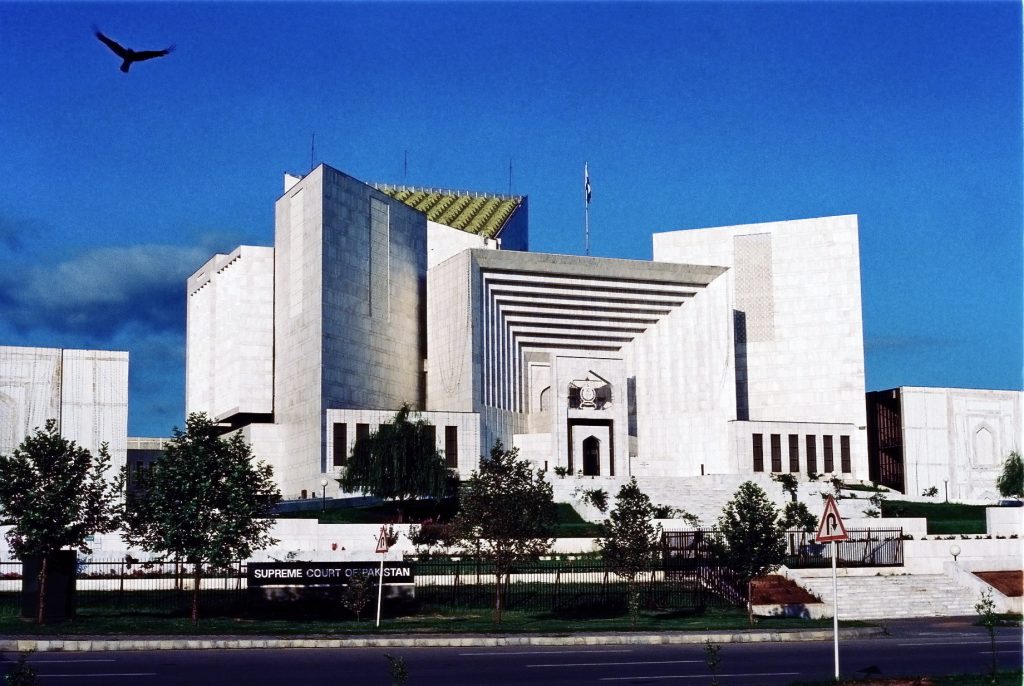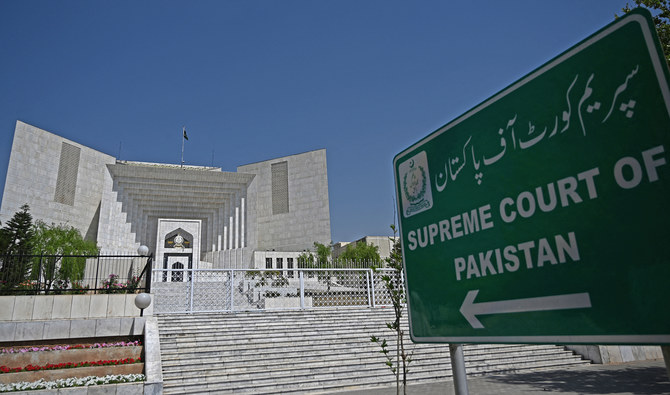Supreme Court Rules Vigilance Required for Legal Remedies, Denies Appeal in Service Dismissal Case

Courts can turn down delayed requests for lawful remedy: SC
The Supreme Court of Pakistan ruled that legal remedies are only for the vigilant, rejecting Mumtaz Uddin Shaikh’s appeal due to his delayed actions in challenging his service dismissal.
Islamabad: The Supreme Court has ruled that the law aids only those who are vigilant and not those who neglect their rights.
“Delay in seeking a lawful remedy by an individual or entity that has neglected their rights may result in denial,” noted Justice Hasan Azhar Rizvi in a judgment on an appeal filed by Mumtaz Uddin Shaikh against the Federal Service Tribunal’s (FST) February 9, 2022 rejection.
Justice Rizvi, leading a two-judge bench with Justice Aqeel Ahmed Abbasi, emphasized that the principle of laches (unreasonable delay) is assessed based on the conduct of the person. In this case, the petitioner consistently showed a lack of seriousness in pursuing his rights.
The petitioner was dismissed from service on March 20, 2007, but only filed a service appeal after a two-year delay in 2009. He did not pursue further remedies and remained inactive over his rights, the judgment highlighted.
When questioned about his service appeal before the FST, the petitioner claimed he feared arrest due to an FIR in the case. However, this response contradicted the record, which showed his service appeal after acquittal in the criminal case was also time-barred, and he failed to justify the delay.
Thus, the petitioner’s conduct throughout the proceedings was questionable, and the FST was right to dismiss his appeal based on limitation and merits, the judgment stated.
The petitioner had contested the February 9, 2022 FST rejection of his appeal. Appointed as a clerk on January 1, 1990, in the General Post Office, Hyderabad, he was suspended on September 8, 2006, for inefficiency, misconduct, and corruption. A show-cause notice was issued on February 27, 2007, for misappropriation of Rs565,730, which the petitioner denied. Following an inquiry, he was dismissed on March 20, 2007, for misappropriation of military pension funds totaling Rs820,876.
He challenged his dismissal through a departmental appeal on April 2, 2007, which was rejected. He then approached the FST, but his appeal was dismissed on June 16, 2010, as time-barred. The department referred the matter to the FIA, resulting in an FIR against him under Sections 409, 468, and 471 of the PPC, and Section 5(2) of the Prevention of Corruption Act, 1947.

Tried by the Special Court of Anti-Corruption (Central), Hyderabad, he was acquitted on December 16, 2019. Following his acquittal, he sought reinstatement with back benefits through three departmental appeals, all unanswered. He then approached the FST and the Supreme Court for reinstatement.
The Supreme Court noted that criminal proceedings address criminal conduct and culpability, whereas departmental proceedings concern service discipline and conduct. Therefore, criminal case results do not necessarily affect departmental issues.
“We find that the impugned judgment is well-reasoned, considering all legal and factual aspects,” the judgment stated, concluding that the petitioner failed to make a case warranting interference. Consequently, the petition, lacking merit, is dismissed, and leave is refused.
The apex court observed that criminal proceedings address allegations of criminal conduct and determine legal culpability, while departmental proceedings were connected with matters of service discipline and conduct. Thus, the results of a criminal case do not necessarily impact issues related to departmental responsibilities and discipline.
“In view thereof, we find that impugned judgement is well-reasoned and has considered all the legal and factual aspects of the matter,” the judgement said, adding that the petitioner had failed to make out a case warranting any interference.
Consequently, this petition, being devoid of merit, is dismissed and leave refused, the Supreme Court said.





